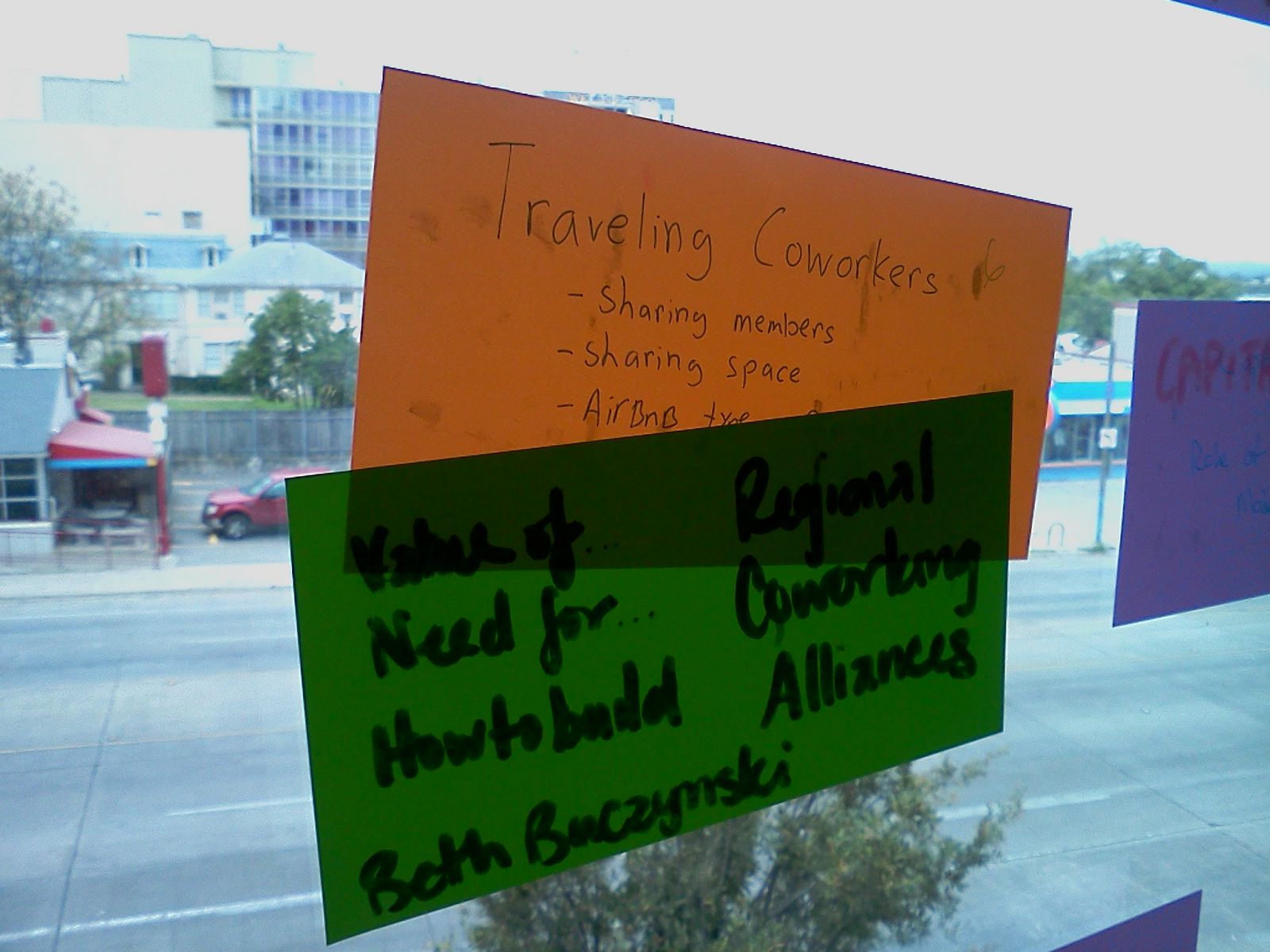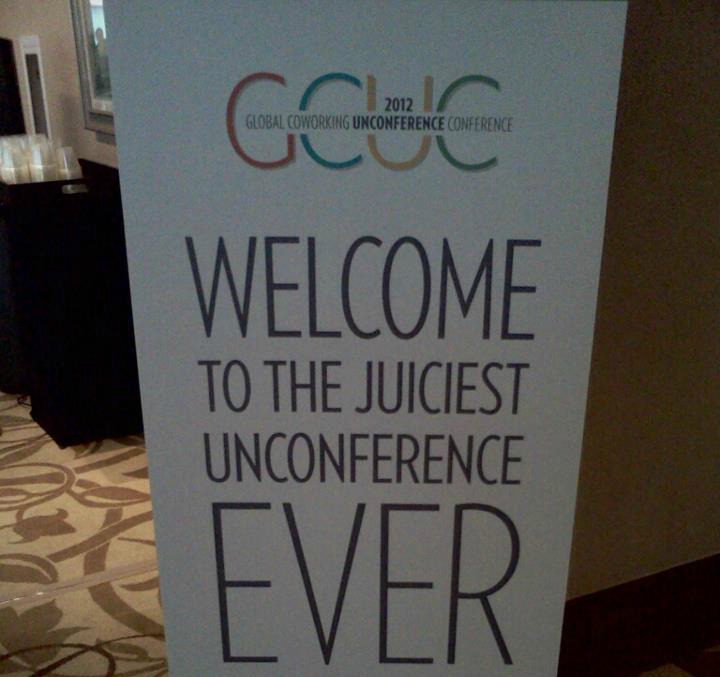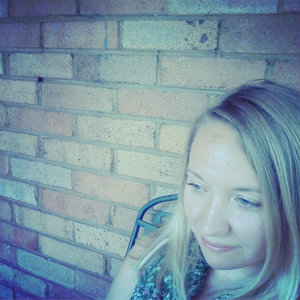This year's Global Coworking Unconference Conference (GCUC or "juicy," for short) started off strong with a Coworking State of the Union panel discussion. After the panel finished, attendees were treated to the debut of a new video meant to help coworkers and coworking space owners explain the movement to those curious to know more.
Next, GCUC attendees had the choice of following the official "conference" track, or mixing it up in the less-structured "unconference" track. I spent the morning hanging out with those in the unconference track, and thoroughly enjoyed the process of pitching, voting on, and structuring several hours of user-selected breakout groups. Not surprisingly, I noticed that many of the suggested topics revolved around sharing and collaboration, between spaces as well as individuals.
Regional Coworking Alliances

One of the first sessions dealt with the need for, the value of, and how to build regional coworking alliances. We recently reported on the alliance and Passport program launched by Coworking Tornoto, and I was pleased to learn that coworking spaces in Seattle have formed a similar alliance that has already helped to bolster the community there.
The discssion migrated from the coworker's desire to have access to multiple spaces within a given region, to the added value such alliances can provide to both new and established spaces. Aside from providing a richer and more varied set of collaboration opportunities for coworkers, these alliances allow coworking spaces to pool resources, raise awarness, socialize, and support one another's unique personalities within the larger community.
Dealing With The Ebb and Flow of Community Growth
Another interesting topic addressed during the "unconference" was coworking space owners' struggle to deal with the natural expansion and contraction of their communities. As panelists reported during the Coworking State of the Union, the number of coworking spaces has exploded in the past two years, with 80 percent of coworking spaces profitable after two years.
Faced with this type of growth, it's not hard to see why many space owners are looking at larger spaces or even multiple locations. But visions of such growth must be tempered with the knowledge that collaborations can turn to start ups, and start ups can outgrow coworking spaces quickly. Planning for the natural surges and dips in coworking membership can help spaces achieve long-term sustainability while maintaining an authentic coworking experience.
Sharing More Than Just Workspace
Last week we shared our hope that as the movement grows, coworking spaces would become hubs for all kinds of collaborative behaviors, from car sharing to cohousing. So we were thrilled to see that theme reverberating throughout the Conference, both on panels and in the audience.
During their panel discussion, Gangplank co-founders Jade Meskill and Derek Neighbors shared details about what makes their model so different from other coworking spaces. In short, they're more concerned with revitalizing a culture of community and collaboration, than making money or convincing people to leave their home office. "Be exceedingly human," admonished Meskill and Neighbors, "be more than a space, be a revolution."
This sentiment was echoed several times over in a panel discussion about attracting press attention for coworking, that included Shareable publisher Neal Gorenflo, as well as Tony Bacigalupo from New Work City, Craig Baute of Creative Density, and Manuel Zea Barral from CoworkingSpain.
Inviting journalists to spend the day working, not just an hour executing an interview in the space, was an idea offered by the panel as a way to reveal the total experience. Exploring and publishing the personal narrative of one's own experience sharing a work space was another.
Ultimately, though, actions speak louder than words, printed or otherwise. Aspire to be more than just a coworking space, said Bacigalupo. "Focus on the higher purposes of sharing, entrepreneurship, and community and success will find it's way to your door."









